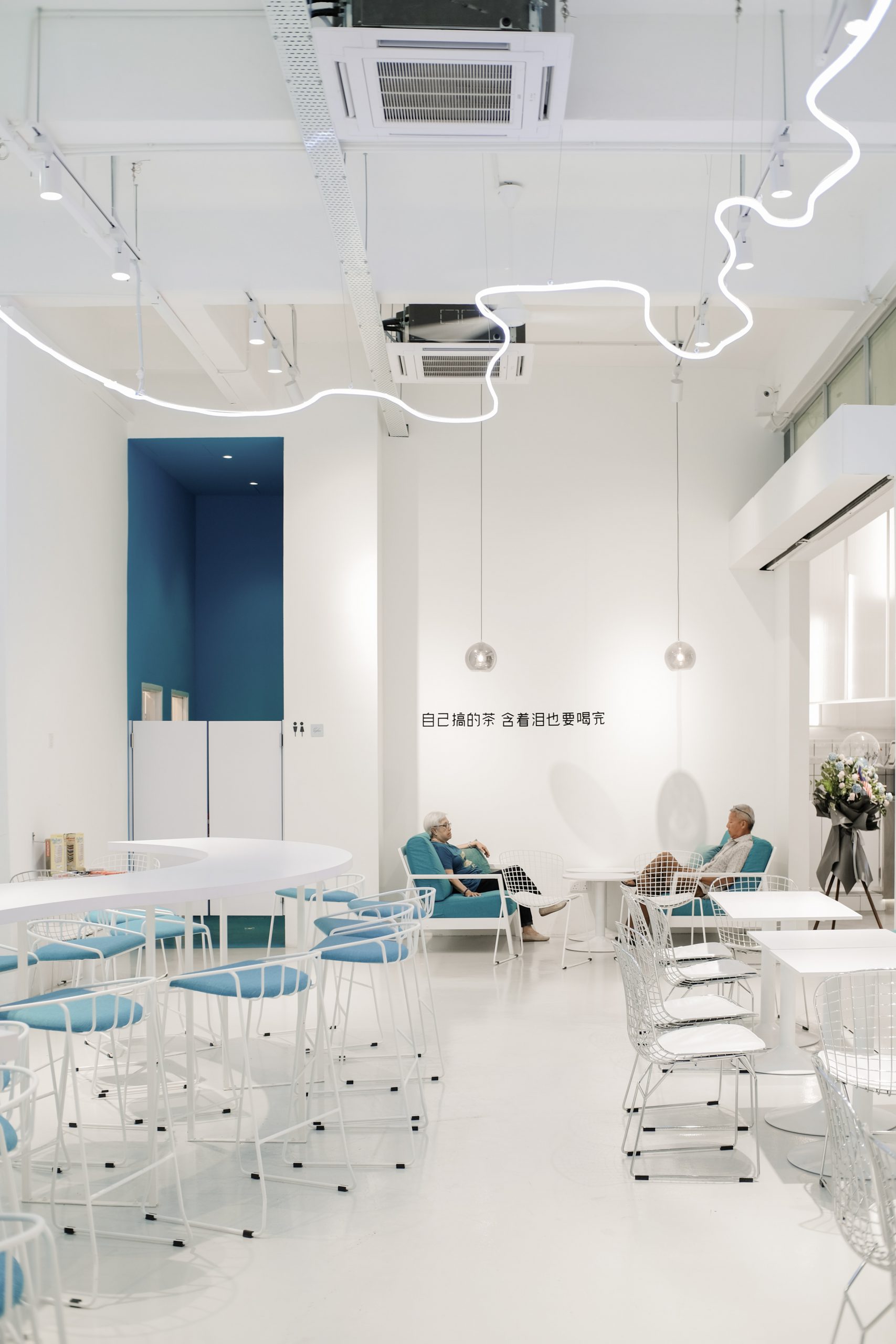While there are many things millennials do differently from people of the older generation, one that hasn’t been significantly noticed is the difference in the implementation of healthcare. Because of this, doctors must be extra mindful when providing health services to millennials, as, compared to older generations, millennials are more prone to do things differently or have different mindsets about specific aspects of healthcare.
How Millennials Do Healthcare differently
Millennials don’t rely on their physicians as sole sources of medical information
Perhaps the foremost difference between millennials and older generations is that now, they do not usually rely on doctors as the sole source for their health information. This is largely due to the internet, where they can do a google search to check out what kind of illnesses or diseases they may have contracted. They believe that such information from online sources is much more accurate and correct, and they tend to think less of what professionals have to say. Unfortunately for them, this can be risky, as many symptoms can be shared amongst different problems, highly increasing their chances of coming to the wrong conclusions.
Millennials opt for clinics and health facilities rather than primary physicians
Another difference millennials have from past generations is that they do not usually opt for a primary care physician. There are many reasons for this. Some of them feel that the wait to see their physicians is a waste of time, or that the pricing of such visits cannot be justified until the health bills arrive. Because of this, many millennials tend to opt for clinics and other health facilities inside retail stores to meet their health needs quickly and efficiently.
Millennials embrace Telemedicine
When it comes to Telemedicine, millennials generally are on board with it, and have embraced it far quicker than older generations have. Many of these people will have applications and such on their mobile devices to promptly contact and set up appointments with a physician. As a result, they no longer must deal with walking up to the office and waiting for hours on end until it is their turn for consultation.
Millennials do not prioritize health insurance
Lastly, millennials do not see health insurance as much of a need, and there are many reasons for this. For many, affordability plays a significant role, where some of the millennials see the high costs of having health insurance not to be worth it at all. Other reasons also include the dissatisfaction of the provided healthcare under the insurance, as well as a lack of knowledge of how to obtain insurance in the first place. This does not only affect just health insurance, however. Other types of insurances, such as life insurance, also tend to be ignored by millennials for a variety of reasons.
Conclusion
Due to the information we’ve shared above, doctors will have to change and adapt to the new generation’s way of doing things. Failure to do so can mean having their practice left in the dust. As such, doctors will have to embrace new trends, such as telemedicine, or they will have to work hard to make these young minds realize that professional opinions are still much more reliable than online sources. Put simply, doctors will have to take action to find ways to connect to their newer generation of patients to give them the healthcare they need.
Looking for more tips on better healthcare? For more news and articles on health, check out our blog online at Dose of Healthcare today!


















